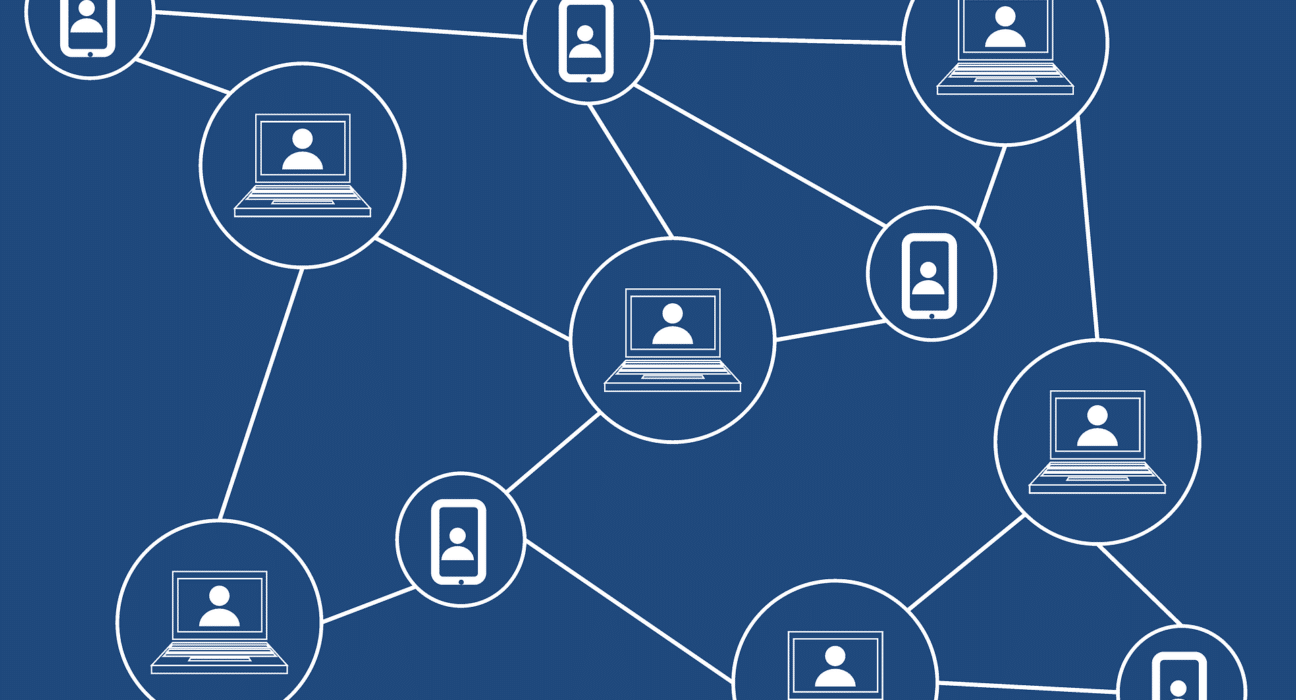India Explores Blockchain Technology for Remote Voting
India is taking a significant step toward modernizing its electoral process by exploring blockchain technology for remote voting. The initiative, spearheaded by Chief Election Commissioner (CEC) Sunil Arora, aims to simplify voting for citizens living in distant cities. As part of the trial, India’s Election Commission (EC) has collaborated with IIT Madras to study the feasibility of distributed ledger technology (DLT) in elections.
This effort reflects the country’s ambition to leverage innovative technologies to enhance accessibility and transparency in the electoral process.
How Blockchain Will Revolutionize Voting in India
Current Challenges in Voting
- Many Indian citizens residing in remote areas or working in distant cities cannot travel to their hometowns to vote.
- Traditional voting systems, including paper ballots and electronic voting machines (EVMs), face challenges like inaccuracies, tampering, and lack of transparency.
Blockchain’s Role in Remote Voting
Blockchain technology offers:
- Transparency: Immutable and verifiable records of votes.
- Security: Encrypted votes to prevent tampering or decryption.
- Accessibility: Seamless voting for remote citizens through designated venues.
The Proposed Blockchain-Based Voting System
Collaboration with IIT Madras
The Election Commission has joined hands with IIT Madras, a leading research institution, to design and test the blockchain-based system.
How It Works
- Designated Venues: Voters will need to visit a specific venue equipped with white-listed IP devices.
- Biometric Authentication: Secure voter verification through biometric devices and web cameras.
- Two-Way Voting System:
- Votes cast at the designated venue will be encrypted and sent through a secure blockchain network.
- Votes are validated during the pre-counting stage to ensure authenticity and integrity.
Limitations
The system does not yet enable voting from home. Citizens will still need to travel to designated venues to cast their ballots.
Global Trends in Blockchain-Based Voting
Blockchain technology is increasingly being considered for elections in various countries due to its potential to eliminate traditional voting challenges:
| Country | Initiative |
|---|---|
| South Korea | Piloted blockchain for online voting. |
| Russia | Tested blockchain voting in Moscow’s municipal elections. |
| United States | West Virginia used blockchain voting for overseas military personnel. |
Despite its promise, blockchain voting has faced criticism from cybersecurity experts who argue it could introduce new vulnerabilities.
Benefits of Blockchain in Elections
1. Enhanced Security
Blockchain ensures that votes are encrypted and immutable, reducing the risk of tampering or fraud.
2. Transparency and Auditability
The public ledger allows stakeholders to verify vote integrity without revealing voter identities.
3. Increased Accessibility
Remote voting enables citizens in distant or inaccessible regions to participate in elections.
4. Cost Efficiency
Over time, blockchain systems can reduce the expenses associated with physical voting infrastructure and manpower.
Concerns and Criticisms
While blockchain offers promising solutions, experts have raised several concerns:
1. Technological Challenges
- Requires robust infrastructure, including high-speed internet and secure devices.
- High implementation and maintenance costs.
2. Security Vulnerabilities
- Critics, including researchers from MIT, argue that blockchain could introduce new security risks rather than mitigating them.
- Potential hacking or exploitation of the network could compromise the electoral process.
3. Voter Privacy
- Ensuring complete voter anonymity while maintaining transparency remains a challenge.
India’s Vision for Blockchain Voting
India’s exploration of blockchain for remote voting demonstrates its commitment to fostering innovation in governance.
1. Bridging the Voting Gap
This initiative could empower millions of Indians, including migrant workers and citizens in remote areas, to exercise their voting rights.
2. A Step Toward Digital Democracy
By integrating blockchain into its electoral framework, India positions itself as a global leader in digital democracy.
3. Building Trust in the System
Blockchain’s inherent transparency and security features could enhance public confidence in the electoral process.
Conclusion: A Transformative Initiative
India’s push to implement blockchain-based remote voting has the potential to revolutionize its electoral system. By addressing long-standing challenges like accessibility and transparency, this initiative could ensure a more inclusive and secure voting process for all citizens.
While concerns about security and implementation remain, the collaboration between the Election Commission and IIT Madras signifies a bold step toward innovation in governance. As trials progress, India’s blockchain voting model could serve as a blueprint for other nations exploring similar solutions.
To learn more about the innovative startups shaping the future of the crypto industry, explore our article on latest news, where we delve into the most promising ventures and their potential to disrupt traditional industries.
Disclaimer: The information provided is not trading advice, Bitcoinworld.co.in holds no liability for any investments made based on the information provided on this page. We strongly recommend independent research and/or consultation with a qualified professional before making any investment decisions.


